Brain
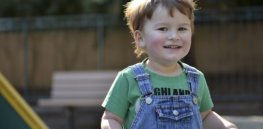
Using stem cells to trace autism’s development to earliest days of pregnancy
Figuring out how autism starts is complicated. … [A] large international team obtained skin cells from eight autistic people and ...

Why do so many of us dream about flying, falling or being chased?
Most of us experience these so-called "typical dreams" during our lifetime. Around three-quarters of people dream of falling, for instance, and that ...

‘Cute aggression’: Why our brains love puppies and kittens
I harass my dog [constantly]. She’s a little loaf of a thing, with big eyes and satellite-dish ears and a ...

How autistic children overcome the challenge of understanding how others view the world
To understand another person’s point of view, children with autism need to actively suppress their own, a new study suggests ...
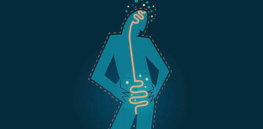
Gut-brain axis: How a high-salt diet could affect the brain
It is well known that a high salt diet leads to high blood pressure, a risk factor for an array of health ...

Speaking a second language could help your aging brain
[D]oes mastering a second language hone our multitasking skills or merely muddle us up? … In the Annual Review of Linguistics, ...
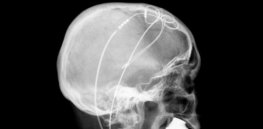
Treating depression with brain-stimulating implants
[A] new study out of the University of California, San Francisco, published [November 29] in Current Biology, seems to offer an intriguing ...
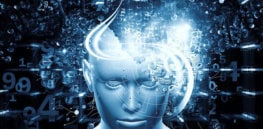
Converting thought to speech: Brain implants could help paralyzed patients communicate
[Neurosurgeon Ashesh Mehta] was operating on [an] epilepsy patient to determine the source of seizures. But the patient agreed to ...
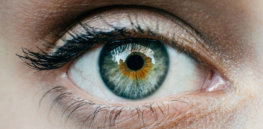
‘Scarier than we knew’: Dementia-causing prions can spread through the eyes
One of the strangest things that can sicken us—a rogue misfolded protein that destroys the brain, known as a prion—is ...
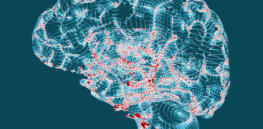
Not so-sterile brains? Researchers find harmless bacteria living there
In the latest example of bacteria being "literally everywhere," scientists appear to have found evidence of microbes living harmlessly in ...
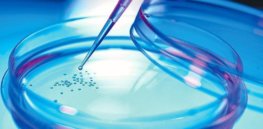
Attacking Parkinson’s with ‘reprogrammed’ stem cells
Japanese neurosurgeons have implanted ‘reprogrammed’ stem cells into the brain of a patient with Parkinson’s disease for the first time ...
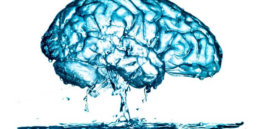
Is there any evidence to support ‘leaky brain’ theories?
Three years ago Mark Crislip wrote about leaky gut syndrome for SBM. He said, “because of an almost complete lack of supporting basic ...
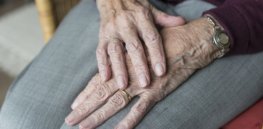
Hiding in plain sight: Exploring Parkinson’s link to the appendix
Lurking in the layers of the human appendix lie deposits of alpha-synuclein, a protein prone to gumminess, like sticky rice ...

Like riding a bike: Why do we never forget some things?
So how is it that we can ride a bicycle when we haven’t done so in years? As it turns ...
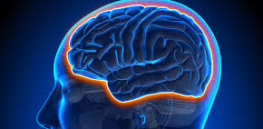
Using molecular trickery to cross the blood-brain barrier
[There are a] number of methods that are being used to break down the [blood-brain] barrier that keeps drugs for ...
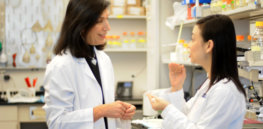
Meet Huda Zoghbi, pediatric neurologist working on rare diseases
Huda Zoghbi has uncovered the molecular mechanisms of normal neurodevelopment and neurodegeneration by probing the complexities of rare neurological diseases ...

Solitary confinement may cause ‘irreversible’ damage to the brain
There are an estimated 80,000 people, mostly men, in solitary confinement in U.S. prisons. They are confined to windowless cells ...
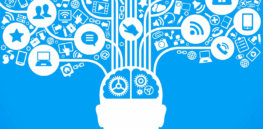
MRI in a ski hat? Seeking better ways to hack our brains
[A]t Singularity University’s Exponential Medicine conference in San Diego, technologists presented new non-invasive devices that seek to simplify and democratize brain modulation ...

As arguments rage over the sources of transgender identity, science weighs in
Discussing gender dysphoria and brain differences in transgender populations ...

‘It’s not too late’: The quest to reverse autism at any age
[T]he average age of diagnosis for a child with autism is over four years. Because of late diagnoses, many of ...

Can loneliness and isolation damage the brain?
Mice yanked out of their community and held in solitary isolation show signs of brain damage. After a month of ...

Exercise as a treatment for Parkinson’s and Alzheimer’s?
Researchers have long recognized that exercise sharpens certain cognitive skills. Indeed, [researcher Hiroshi] Maejima and his colleagues have found that ...
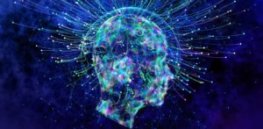
Cataloguing brain cells to better understand how our minds work
If you stumbled across a radio or a computer and had no idea how it worked, you would likely first ...

Good news for young pot-muddled brains. Study shows impairment is reversible
Taking a monthlong break from pot helps clear away young people’s memory fog, a small study suggests. The results show ...
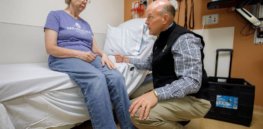
Appendix removal reduces risk of Parkinson’s disease, study suggests
The appendix, a once-dismissed organ now known to play a role in the immune system, may contribute to a person’s ...

Nothing to fear from hallucinations linked to macular degeneration, study shows
Hallucinations linked to vision loss from macular degeneration are caused by abnormally heightened activity in the visual cortex of the ...
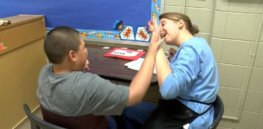
Autism and chemical messenger receptors: Study challenges popular theory
New results from brain scans of adults with autism are at odds with the popular theory that autism involves weak ...

